On September 21, “American Idiot: A 21st Anniversary Celebration” at 54 Below in Manhattan was a momentous and electrifying tribute to Green Day’s iconic rock opera. The two sold-out performances on Sunday served as a powerful reminder of the relevance and raw emotional power of the American Idiot album and its celebrated Broadway adaptation.
This anniversary celebration captured the rebellious spirit and heart of the original work, bringing together a stellar lineup of performers, many of whom were part of the show’s original Broadway and national tour casts. It was a night that served as a testament to a musical that continues to resonate with a new generation.
The atmosphere in the cabaret setting of 54 Below was charged with a palpable energy. From the moment the first chords struck, it was clear that this was more than just a performance; it was a reunion for both the artists on stage and the audience. The show’s producers, Max Bartos, Matt DeAngelis, and Laura Pietropinto, deserve immense credit for curating an event that felt both fresh and nostalgic. Bartos, a self-proclaimed lifelong Green Day fan, expressed the shared sentiment that this was a vital journey back to the themes of rebellion, hope, and the quest for identity that are so central to the album.
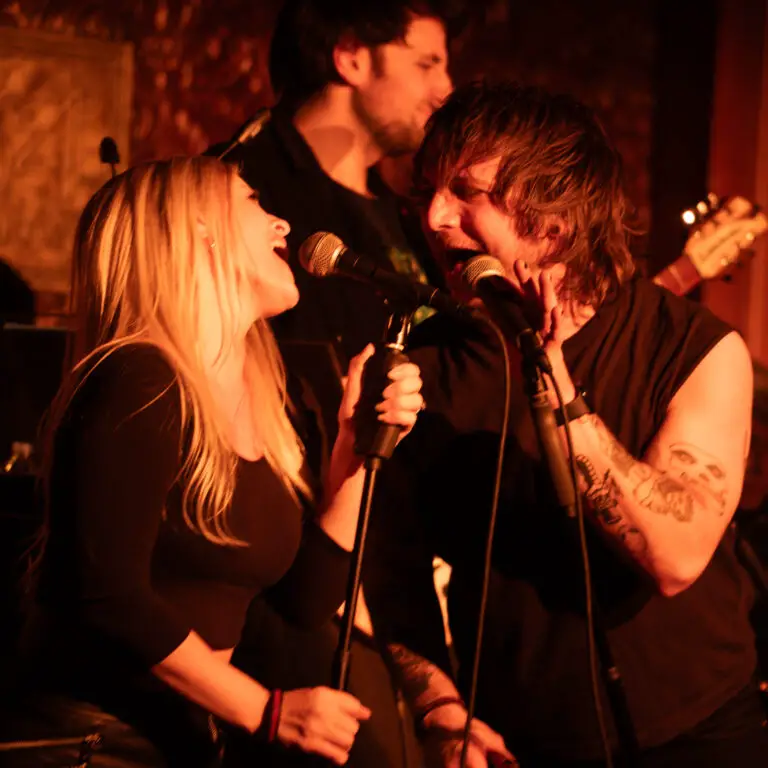
The production team, including music supervisor Julie McBride and music director Sean Pallatroni, ensured that the arrangements honored the punk-rock roots while showcasing the vocal talents of the Broadway performers. The result was a sound that felt both familiar and invigorating, a perfect marriage of rock concert and theatrical showcase.
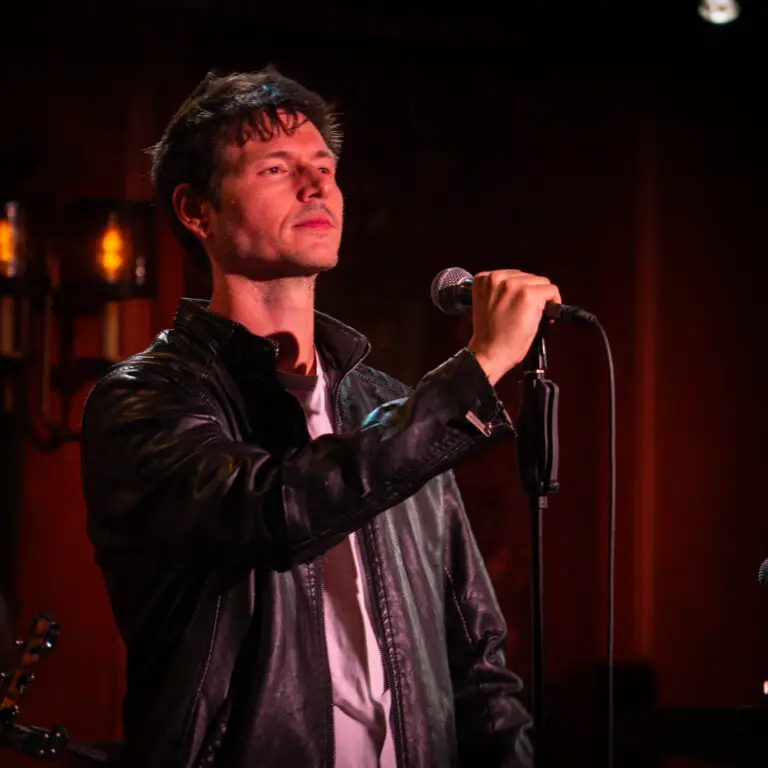
The cast was a collection of American Idiot alumni and Broadway talent, each performer bringing a unique and powerful interpretation to the material. Tony Award nominee Derek Klena, who never had the chance to audition for the original show, was a standout talent in this performance. His powerful vocals on tracks like “Wake Me Up When September Ends” were moving, capturing the vulnerability and anguish of the character.
Gerard Canonico, an original Broadway cast member, and Van Hughes, who played the lead roles on Broadway and the national tour, anchored the show with their performances, transporting the audience back to the show’s start. The shared history among the performers—including J. Antonio Rodriguez, Chelsea Turbin, Taylor Iman Jones, and Omar Lopez-Cepero—was evident in their collaborations and harmonies, giving the show an undeniable sense of family and genuine affection for the material.
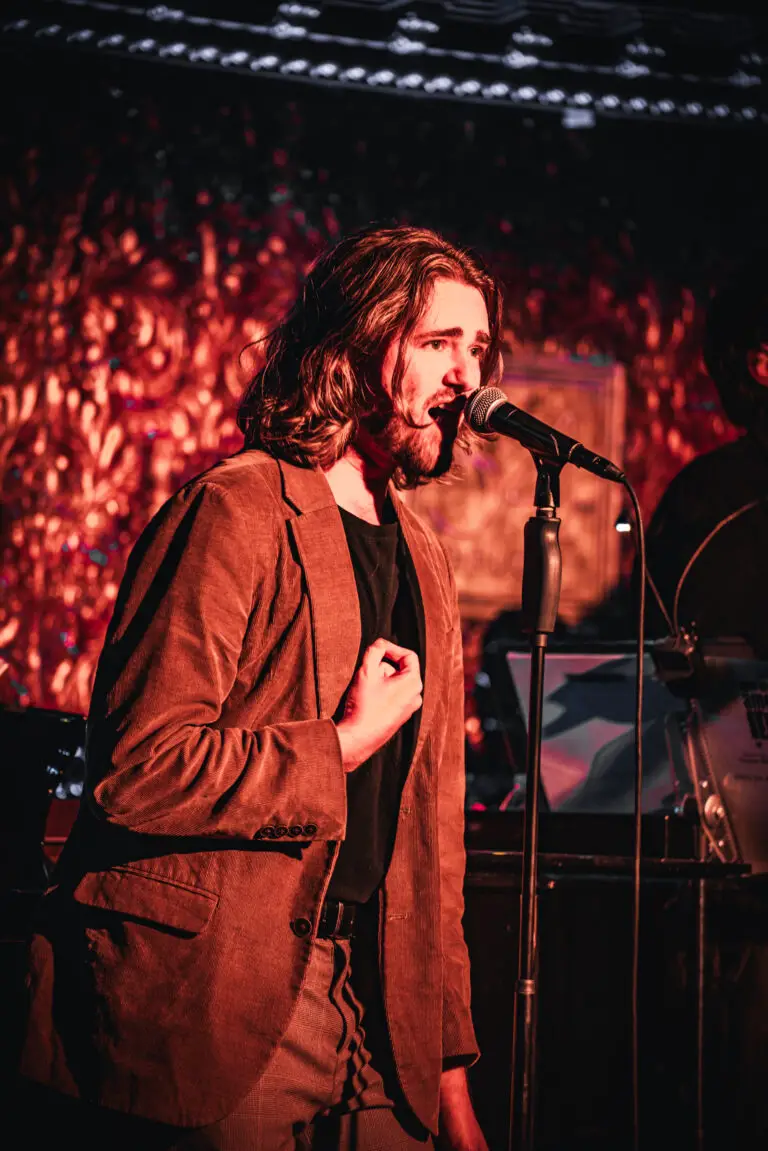
The setlist was a journey through the emotional discography of the American Idiot narrative, structured to highlight both the ensemble’s collective power and individual moments of brilliance. The evening kicked off with a full-cast rendition of the title track, “American Idiot,” immediately igniting the room and setting a defiant tone. This was followed by the raw energy of “Jesus of Suburbia” and the “Holiday,” performed by the full cast, showcasing their chemistry. Van Hughes then took the lead on “Boulevard of Broken Dreams,” his voice perfectly conveying the song’s melancholic longing.
The show continued its emotional arc with powerful hits like “Are We the Waiting,” “Give Me Novacaine,” and “Wake Me Up When September Ends,” the latter featuring a poignant performance by Derek Klena, Van Hughes, and Brian Charles Johnson. The show concluded with a performance of “Homecoming” and “Whatsername,” bringing the narrative full circle and leaving the audience with a sense of closure and hope.
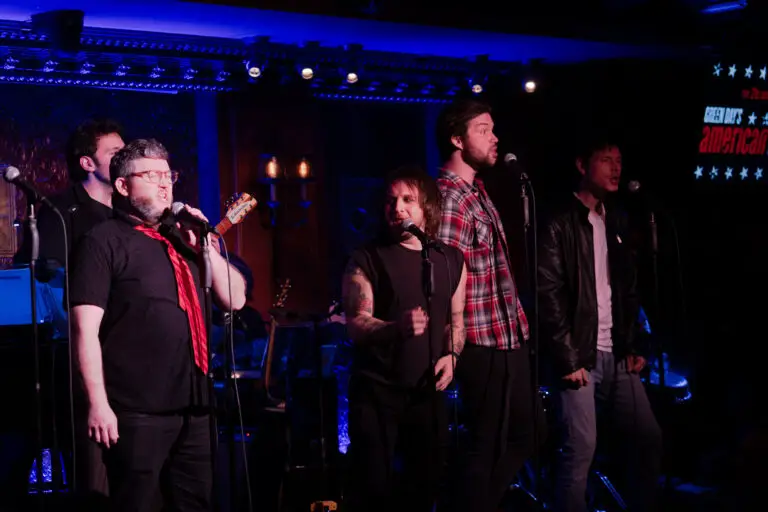
Beyond the performances, the event served as a reflection on the show’s legacy. When American Idiot premiered in 2010, it was a bold and audacious statement, an unexpected fusion of a Grammy Award-winning album and Broadway theatrics. It was, as producer Max Bartos remarked, a work that “shook the world” and gave a voice to a generation grappling with post-9/11 anxiety, political disillusionment, and personal rebellion. Over two decades later, the themes remain startlingly relevant. Billie Joe Armstrong’s lyrics about suburban alienation, the search for meaning, and the pervasive anxieties of a generation feel more pertinent than ever in our complex world.
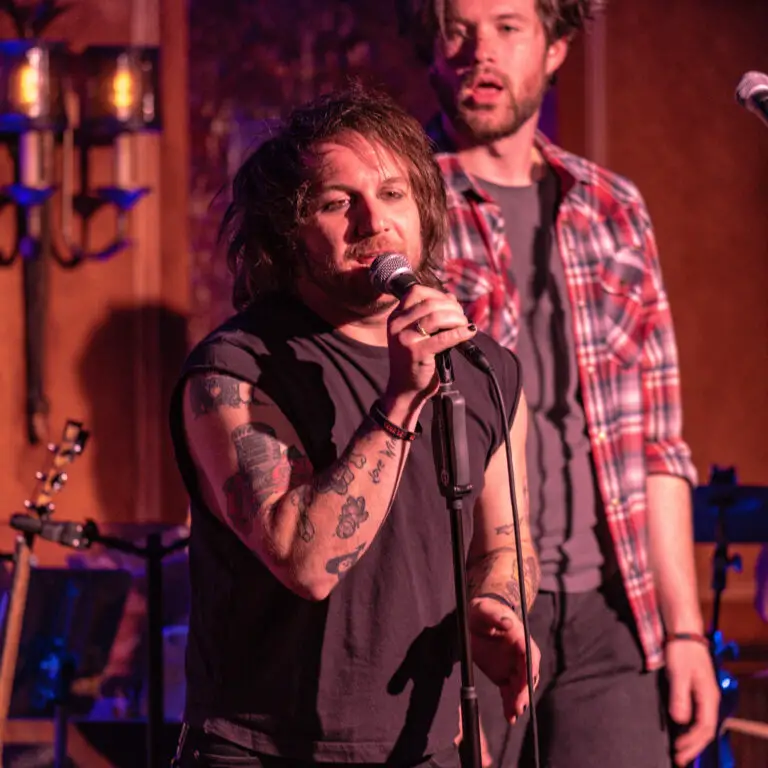
Ultimately, the most telling aspect of the night was the audience’s reaction. From the opening chords, people sang along quietly, their faces illuminated by the stage lights. Their experience seemed to bind them together. They were not just watching a show; they were reliving a piece of their past. The atmosphere was incredibly emotional. American Idiot is a story of angst and finding community.
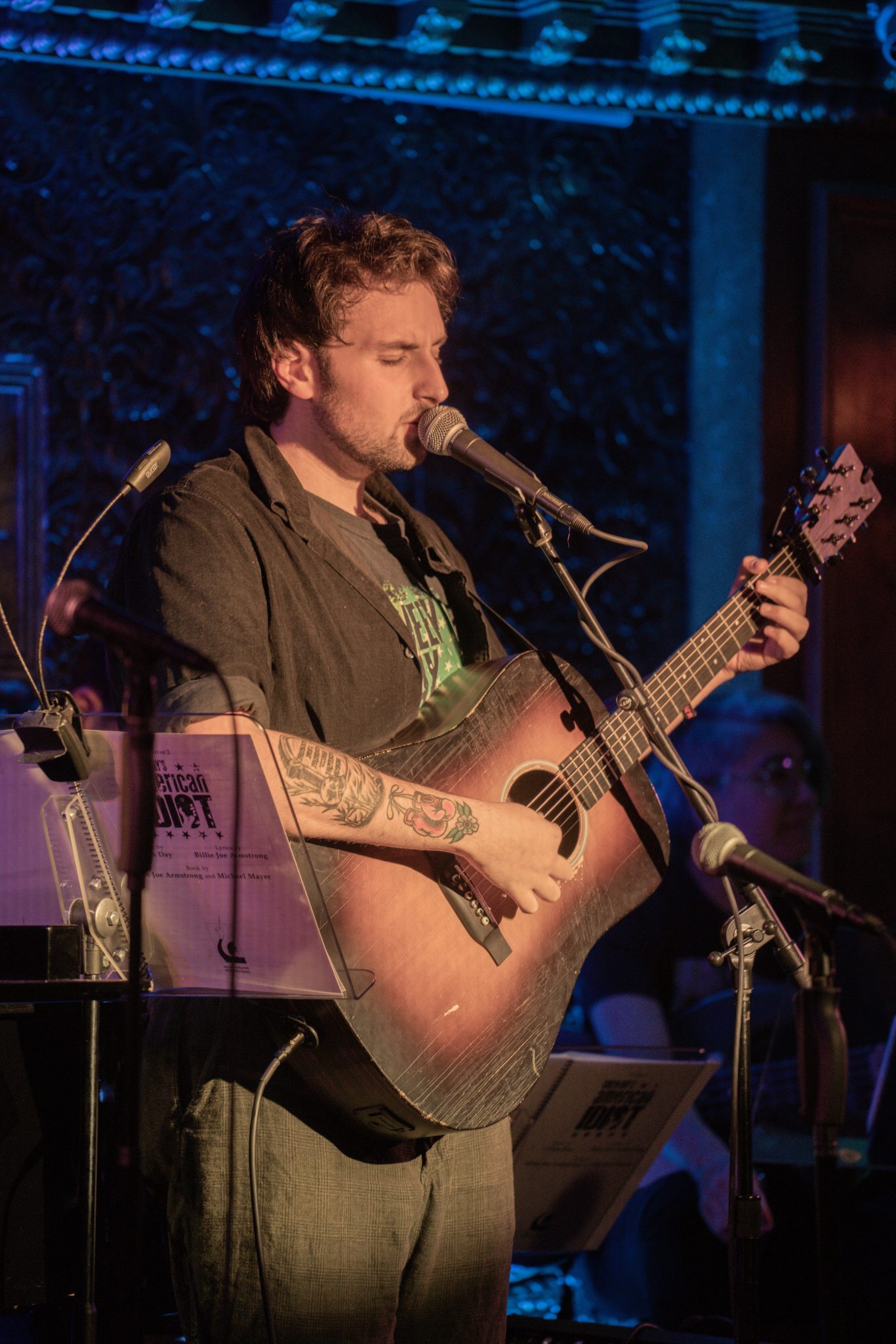
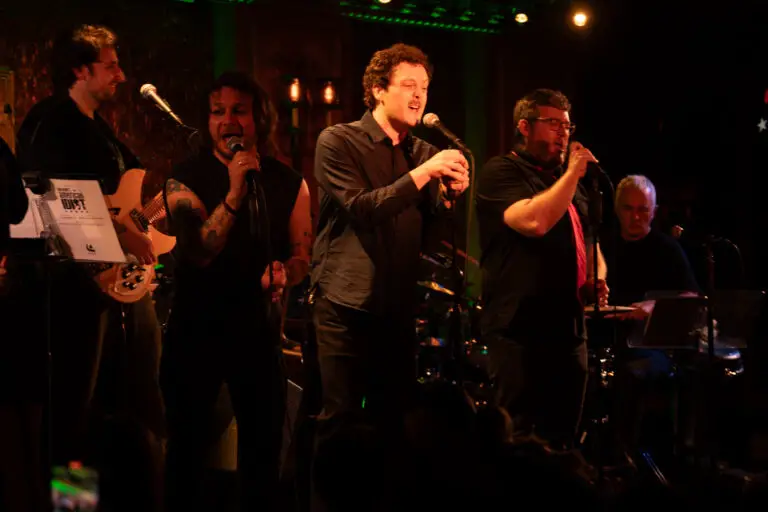
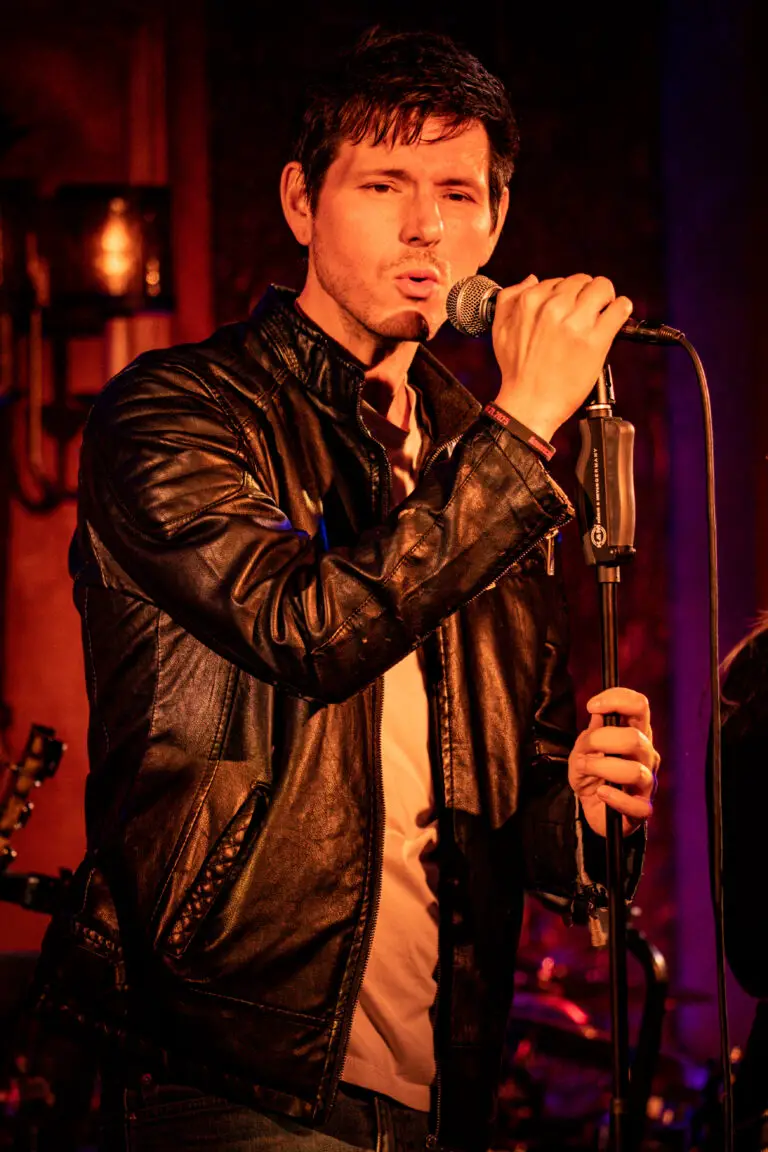
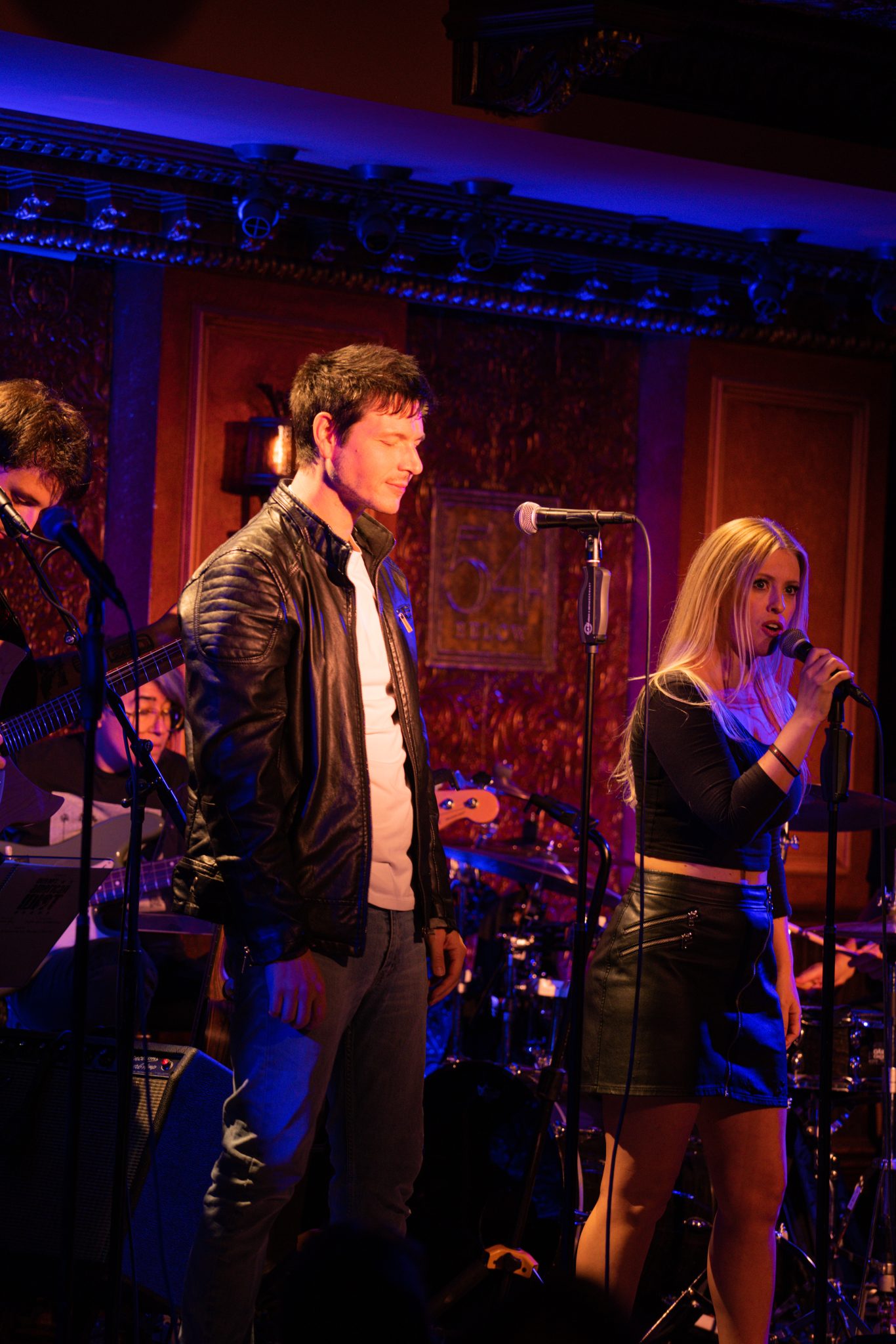
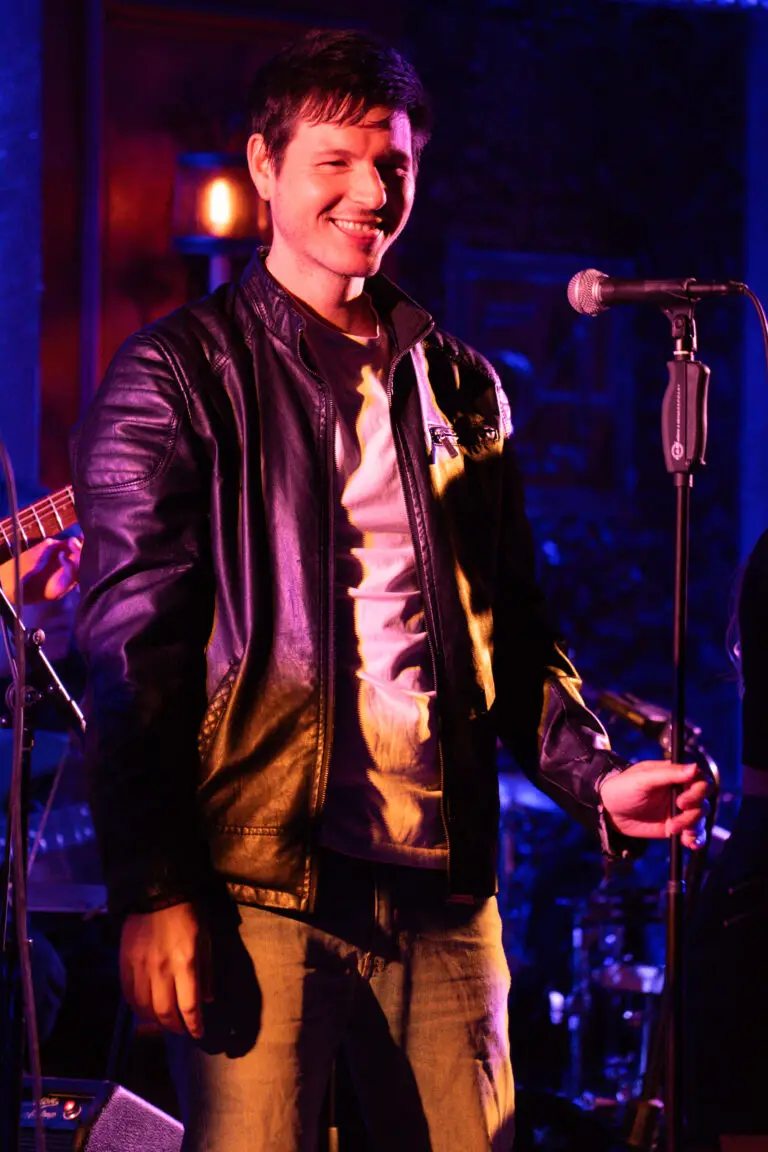
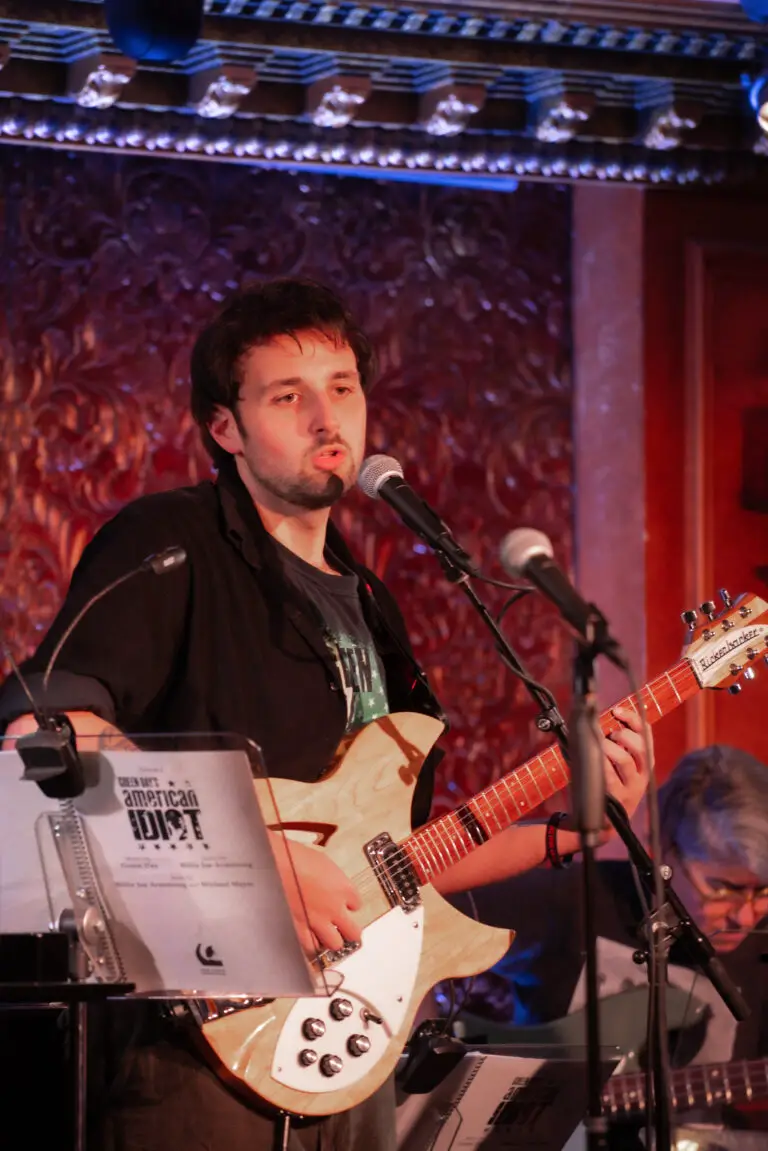
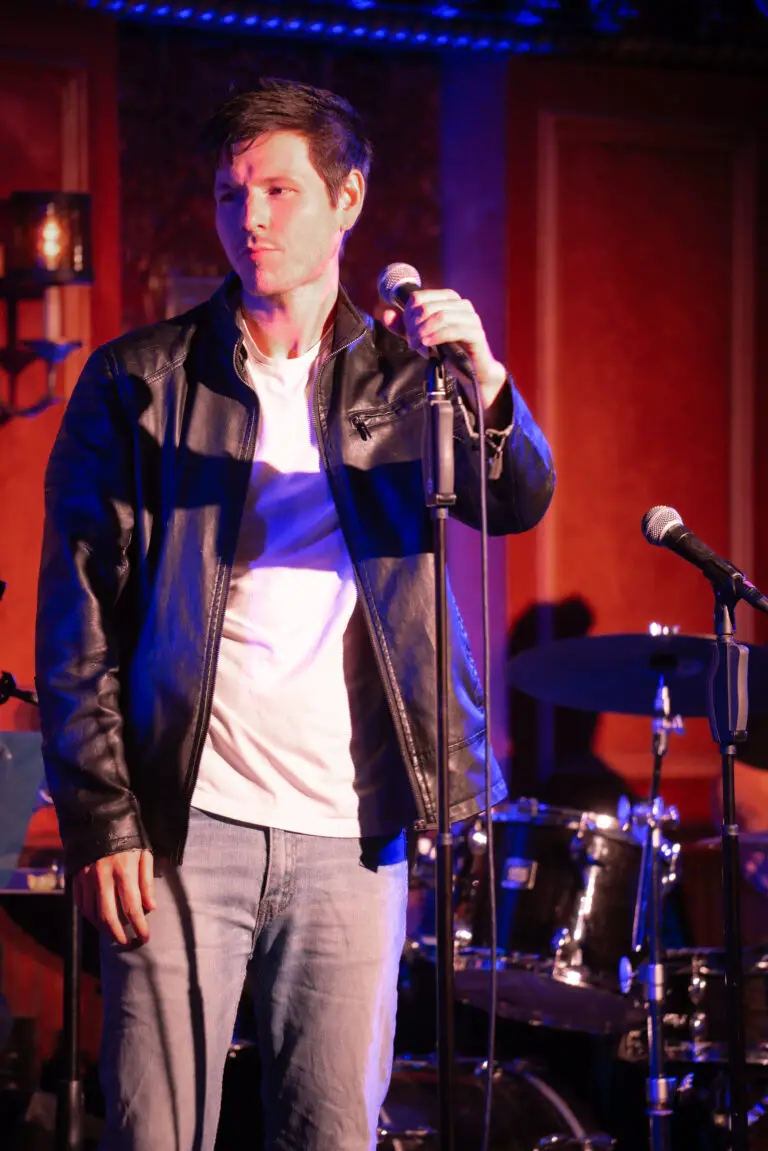
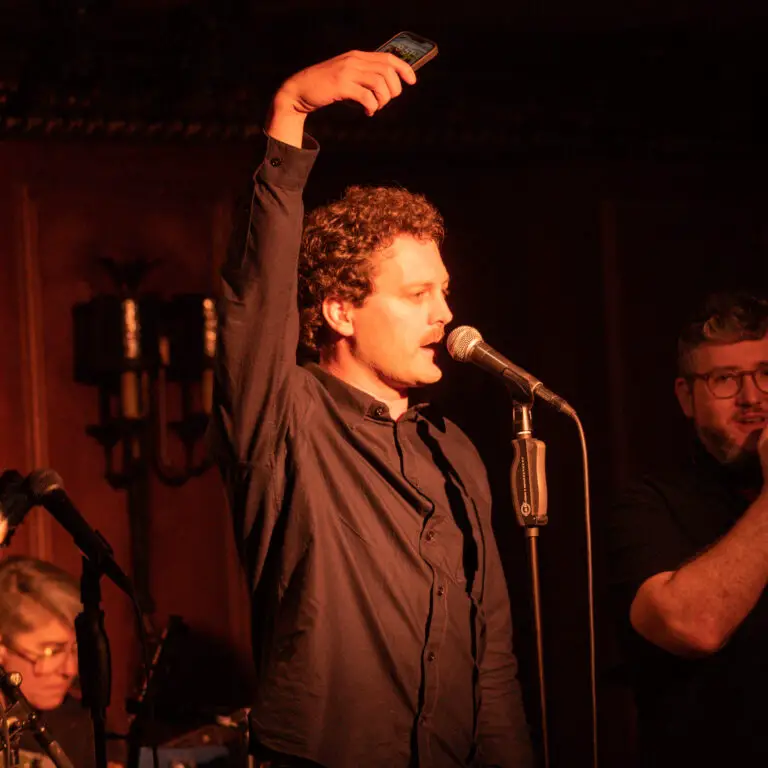
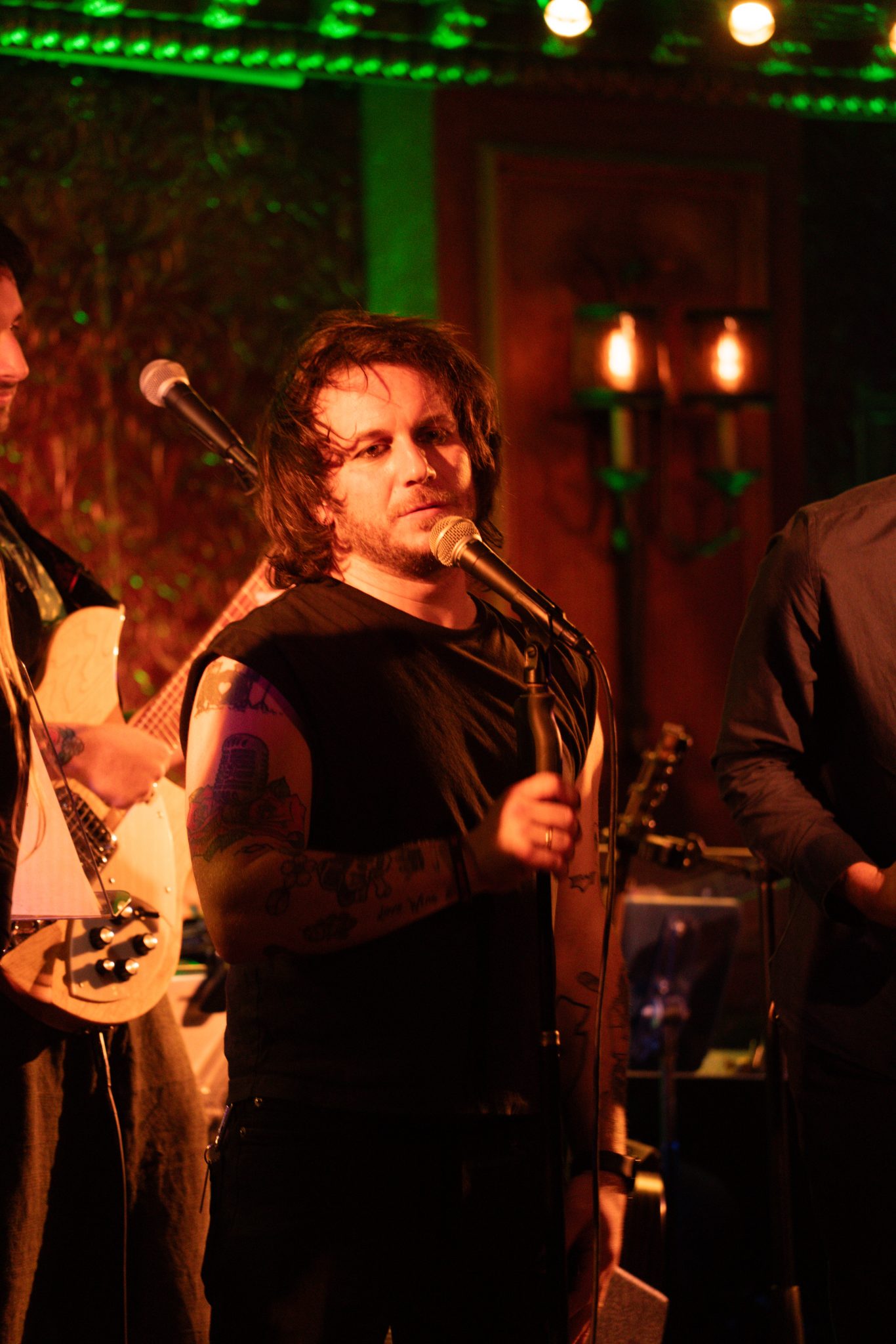
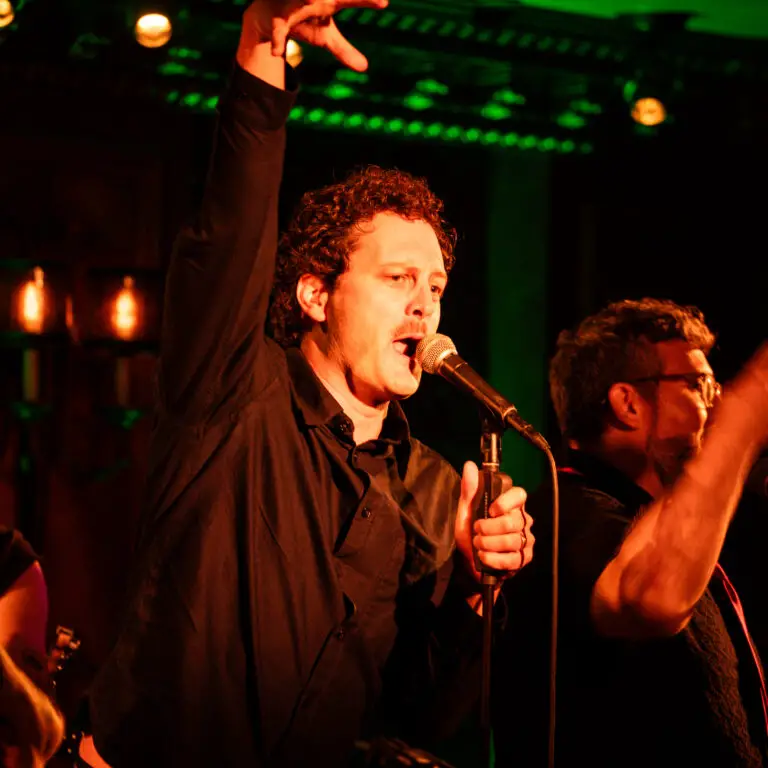

→ Continue reading at NYS Music
